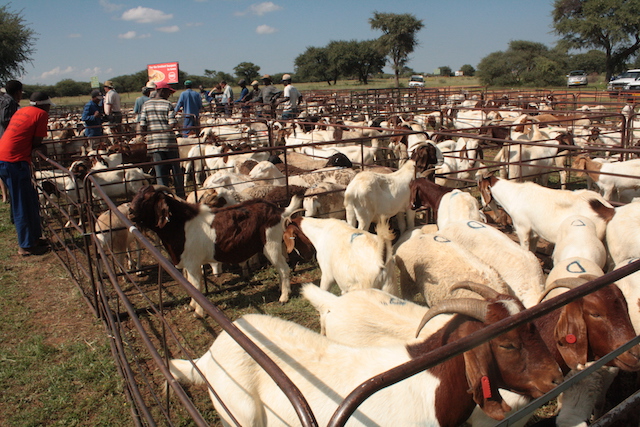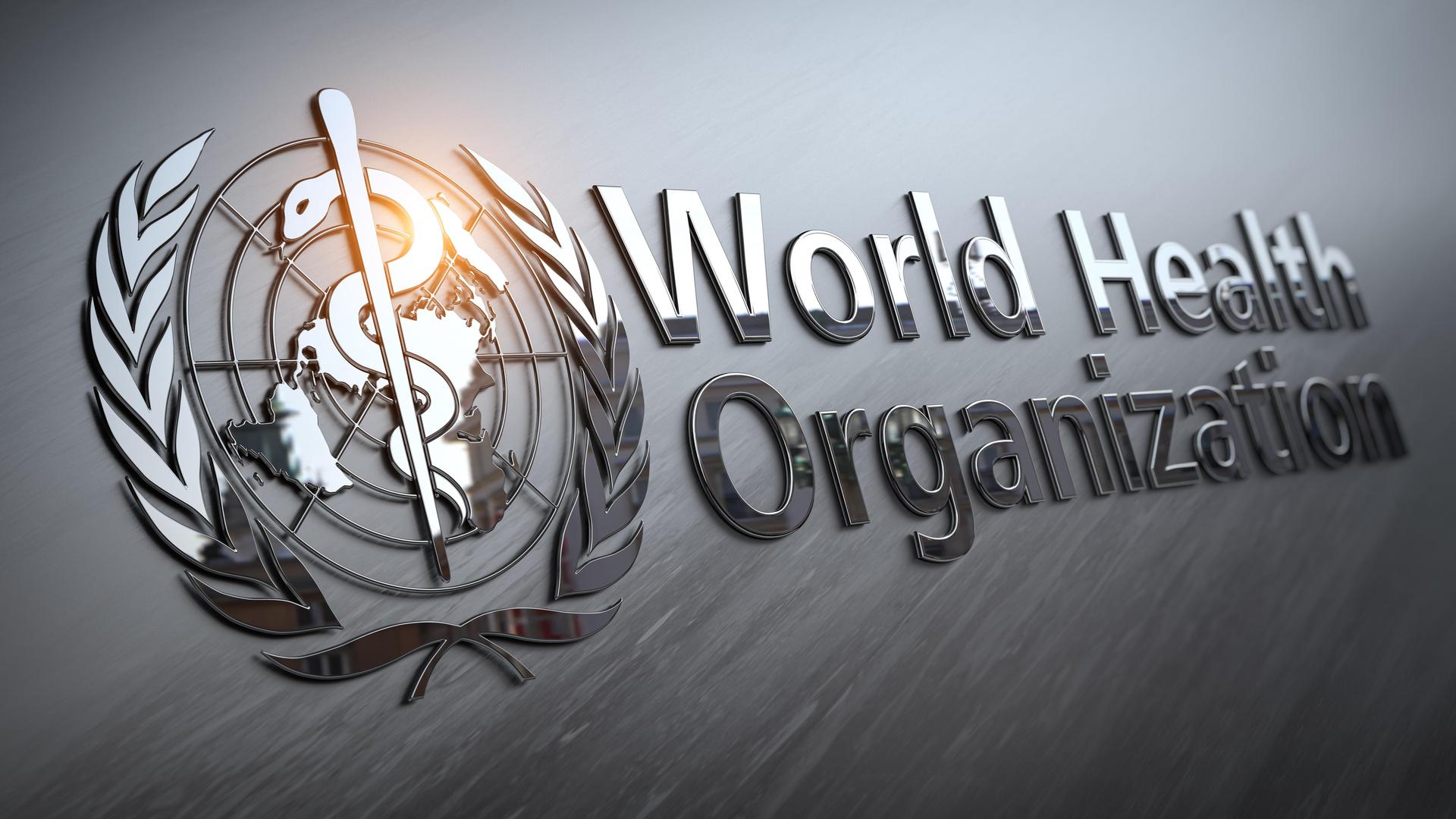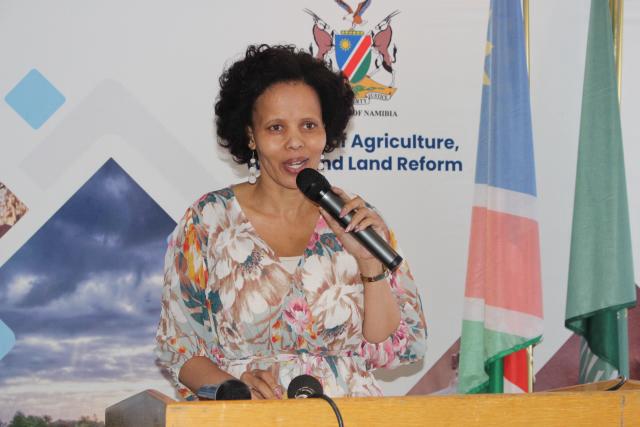Namibians can no longer import or export dairy products, poultry, poultry meat and poultry meat products without a permit.
This follows the implementation of the Livestock and Livestock Products Amendment Act, under which they have become controlled products.
According to Ace Mutelo, spokesperson of the Livestock and Livestock Products Board of Namibia (LLPBN, formerly Meat Board), the lists also includes poultry eggs, poultry egg products, sheep and goat skins, and bovine animal hides.
Mutelo said in a statement released earlier this year that the act, which came into effect on 13 January 2025, prohibits the importation into or exportation from Namibia of any products controlled under the act, if such imports or exports are not accompanied by an import or export permit from the LLPBN.
He also said the new rules impose general and special levies on the controlled products.
“These levies enable the board to execute its mandate of promoting the interests of the livestock and livestock products industry in Namibia and elsewhere,” he said while denying that the levies would add to the costs borne by producers.
“LLPBN levies are similar to an income tax, they are charged on the income the producer received – the price at which the producer sold the product.
“This price is deemed to have been determined based on what it cost to produce the product,” he added.
Mutelo said registration of producers and facilities involved in the value chains of the new commodities started on 13 January 2025, and is continuing.
“A significant number of people and facilities have already been registered with the board,” he said, adding that a campaign is underway at regional level whereby the board’s officers assist producers with registration.
Mutelo said registration is crucial for data collection, planning and for promoting an inclusive livestock and livestock industry.
Once registered, persons intending to import or export any controlled products can then be granted the permit.
Mutelo said the board has officers at all border posts, to facilitate border-crossing of products, verify the documentation accompanying consignments and conduct spot inspections of consignments.
The spokesperson said the board did not encounter any resistance to change because it performed sufficient consultations during the drafting of the notices, and experienced very few cases where producers were not aware of what was to come.
He further said there is no threshold in the act in respect of size of the enterprise to be registered.
“In terms of the definition, a ‘producer’ is any person concerned in the production, manufacture, processing, importing or exporting [of] such controlled products, or the owner of a slaughter animal or the by-product thereof, that needs to register with the board,” he said.
Mutelo urged small and medium enterprises to register as they are integral to the sector.
“Registration ensures they are noticed, get represented in the governing of the industry, their interests are taken on board, their challenges receive consideration in planning, and they are part of any industry growth trajectory.”
– email: matthew@namibian.com.na
Stay informed with The Namibian – your source for credible journalism. Get in-depth reporting and opinions for
only N$85 a month. Invest in journalism, invest in democracy –
Subscribe Now!










